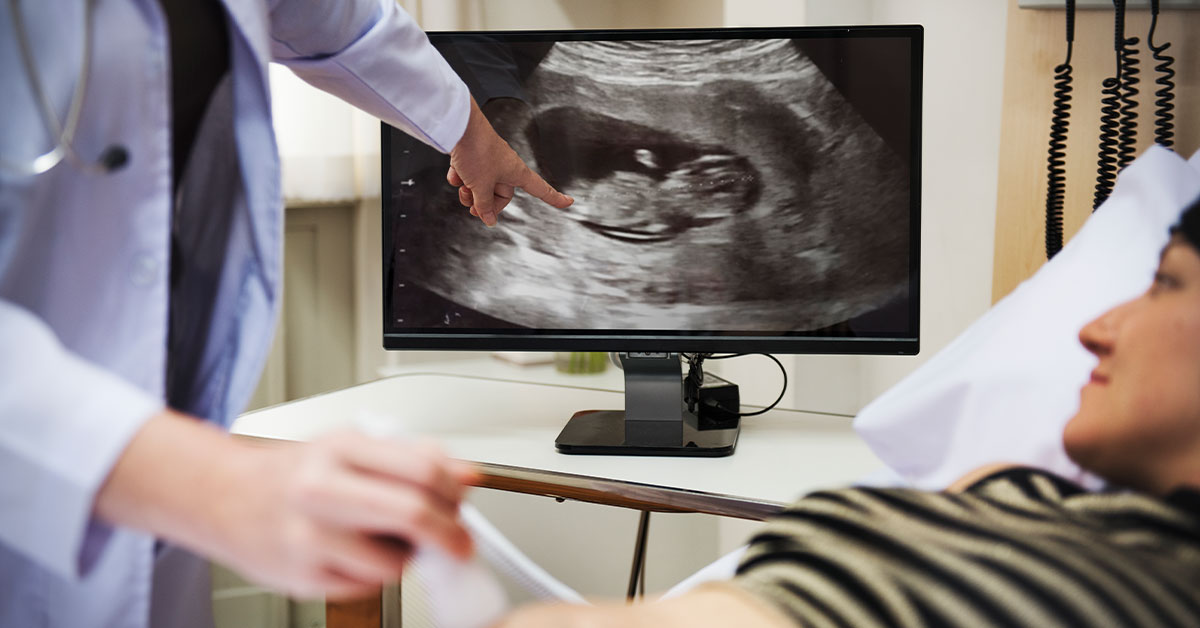Prenatal tests are recommended by the doctor to check the health conditions of the mother and the baby during the pregnancy period. These tests can be scheduled in different trimesters of the pregnancy. Chromosomal abnormalities and birth defects in the baby can also be identified with the tests.
You can contact a gynae doctor in Siliguri to schedule prenatal care check-ups, which will also enable the doctor to diagnose you and your fetus’s condition. The prenatal tests may include a range of diagnostic and screening tests to determine the best medical care.

Given below are some of the most important prenatal tests that need to be done during pregnancy.
1. Blood Tests
Blood tests are an essential prenatal test since it helps the doctor to check your blood group, the presence of any infections, Rh factor, and hemoglobin levels. Some of the infections that can impose certain risks in pregnancy are hepatitis B, HIV, and syphilis.
Not having Rh protein is also a health complication that needs to be treated during pregnancy to reduce the risks of Rh disease in the baby. Additionally, the hemoglobin levels are checked to ensure that the mother is not suffering from anemia.
2. Urine Test
A pregnancy urinalysis is often recommended by the doctor to assess any form of kidney or bladder infections, dehydration, and diabetes. This test also checks for high levels of bacteria, protein, and sugar in the blood to determine the risks of developing preeclampsia.
Urine tests are mainly scheduled in your first prenatal examination and then the doctor may prescribe in each visit. The chances of developing gestational diabetes can also be determined with this test.
3. Screening for Genetic Conditions
One of the main aims of prenatal tests and screening is to check whether the baby is exposed to any form of chromosomal abnormalities and genetic conditions or not. Carrier screening, DNA testing, Amniocentesis, and Chorionic villus sampling are some of the effective genetic screening tests.
The genetic disorders that can be identified by these tests are Down syndrome, cystic fibrosis, sickle cell anemia, Edward’s syndrome, thalassemia, and Patau’s syndrome. You can visit the best gynecologist hospital in Siliguri to undergo these tests safely.

4. Ultrasound
Ultrasound is the common prenatal test that is conducted in every appointment with the gynecologist. The first-trimester ultrasound is the first test that is conducted to ensure your pregnancy and how many weeks pregnant you are.
In this screening test, the doctor passes sound waves into your abdomen by a handheld scanner and then checks your baby’s condition on the computer screen. Proper development and growth of the baby are also checked in the ultrasounds done in the later trimesters.
5. Glucose and Blood Pressure Screening
Routine blood pressure and glucose checks are an important part of prenatal tests. This is because checking blood pressure ensures the risks of preeclampsia during the 20th week of pregnancy. Preeclampsia and high diabetes can cause various complications during pregnancy such as placental abruption, cardiovascular disease, and preterm birth.
Along with prenatal tests, your gynae doctor in Siliguri will also recommend certain prenatal care measures to take care of yourself and your baby. Some of the care steps include reducing stress, following a safe diet, engaging in regular exercise, and taking the prescribed supplements.




